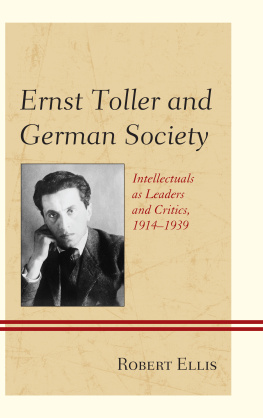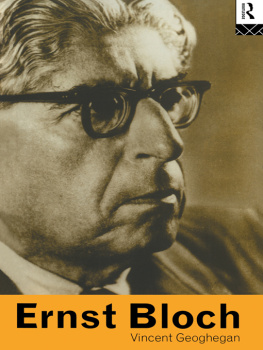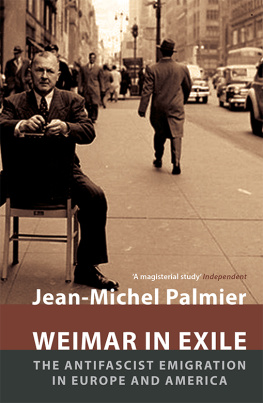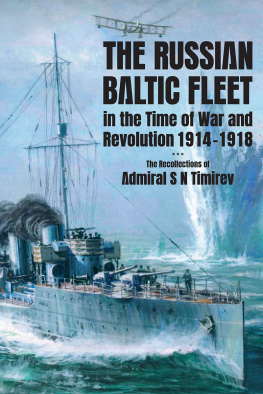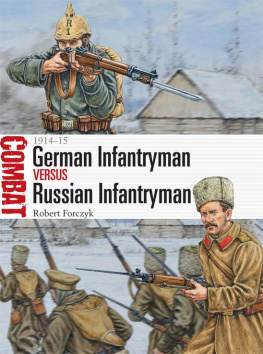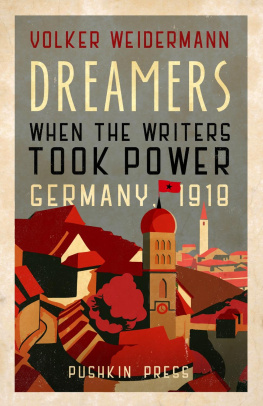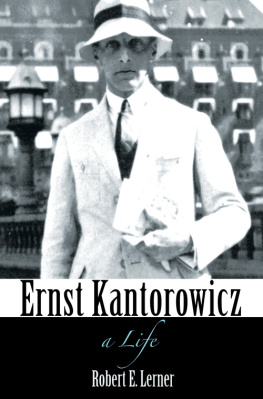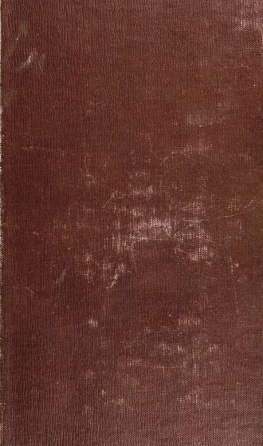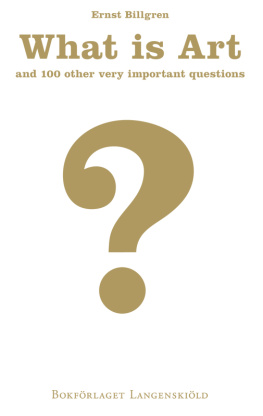Robert Ellis - Ernst Toller and German Society: Intellectuals as Leaders and Critics, 1914–1939
Here you can read online Robert Ellis - Ernst Toller and German Society: Intellectuals as Leaders and Critics, 1914–1939 full text of the book (entire story) in english for free. Download pdf and epub, get meaning, cover and reviews about this ebook. year: 2013, publisher: Fairleigh Dickinson University Press, genre: Non-fiction / History. Description of the work, (preface) as well as reviews are available. Best literature library LitArk.com created for fans of good reading and offers a wide selection of genres:
Romance novel
Science fiction
Adventure
Detective
Science
History
Home and family
Prose
Art
Politics
Computer
Non-fiction
Religion
Business
Children
Humor
Choose a favorite category and find really read worthwhile books. Enjoy immersion in the world of imagination, feel the emotions of the characters or learn something new for yourself, make an fascinating discovery.
- Book:Ernst Toller and German Society: Intellectuals as Leaders and Critics, 1914–1939
- Author:
- Publisher:Fairleigh Dickinson University Press
- Genre:
- Year:2013
- Rating:5 / 5
- Favourites:Add to favourites
- Your mark:
- 100
- 1
- 2
- 3
- 4
- 5
Ernst Toller and German Society: Intellectuals as Leaders and Critics, 1914–1939: summary, description and annotation
We offer to read an annotation, description, summary or preface (depends on what the author of the book "Ernst Toller and German Society: Intellectuals as Leaders and Critics, 1914–1939" wrote himself). If you haven't found the necessary information about the book — write in the comments, we will try to find it.
Ernst Toller and German Society: Intellectuals as Leaders and Critics, 1914–1939 — read online for free the complete book (whole text) full work
Below is the text of the book, divided by pages. System saving the place of the last page read, allows you to conveniently read the book "Ernst Toller and German Society: Intellectuals as Leaders and Critics, 1914–1939" online for free, without having to search again every time where you left off. Put a bookmark, and you can go to the page where you finished reading at any time.
Font size:
Interval:
Bookmark:
Ernst Toller and German Society
Ernst Toller and German Society
Intellectuals as Leaders and Critics, 19141939
Robert Ellis

FAIRLEIGH DICKINSON UNIVERSITY PRESS
Madison Teaneck
Published by Fairleigh Dickinson University Press
Copublished with Rowman & Littlefield
4501 Forbes Boulevard, Suite 200, Lanham, Maryland 20706
www.rowman.com
10 Thornbury Road, Plymouth PL6 7PP, United Kingdom
Copyright 2013 by Robert Ellis
All rights reserved. No part of this book may be reproduced in any form or by any electronic or mechanical means, including information storage and retrieval systems, without written permission from the publisher, except by a reviewer who may quote passages in a review.
British Library Cataloguing in Publication Information Available
Library of Congress Cataloging-in-Publication Data
Ellis, Robert, 1946
Ernst Toller and German society : intellectuals as leaders and critics, 1914-1939 / Robert Ellis.
pages cm
Includes bibliographical references and index.
Summary: Between 1918 and 1939 Ernst Toller was one of Germanys prominent left-wing intellectuals, He was a leader of the German Revolution of 1918-1919, famous playwright of the 1920s and best known spokesman against Hitler during the 1930s, writing about a country unsuccessfully balancing between survival and annihilation. This study, the first comprehensive analysis in two decades, shows the influence that intellectuals can have in a troubled society and asks what qualities make leaders effective Provided by publisher.
ISBN 978-1-61147-635-4 (cloth) | ISBN 978-1-61147-636-1 (electronic)
1. Toller, Ernst, 1893-1939Political and social views. 2. IntellectualsGermanyHistory20th century. 3. Politics and literatureGermanyHistory20th century. 4. Dramatists, German20th centuryBiography. 5. Authors, German20th centuryBiography. 6. GermanyPolitics and government1918-1933. I. Title. II. Title: Intellectuals as leaders and critics, 1914-1939.
PT2642.O65Z654 2013
832'.912dc23
2013026716
 TM The paper used in this publication meets the minimum requirements of American National Standard for Information Sciences Permanence of Paper for Printed Library Materials, ANSI/NISO Z39.48-1992.
TM The paper used in this publication meets the minimum requirements of American National Standard for Information Sciences Permanence of Paper for Printed Library Materials, ANSI/NISO Z39.48-1992.
Printed in the United States of America
This book is for Howard Winter,
Tenth Mountain Division, World War Two, Bronze Star:
Warrior, Benefactor, and Hero.
This book is also for Dr. Edward Berger.
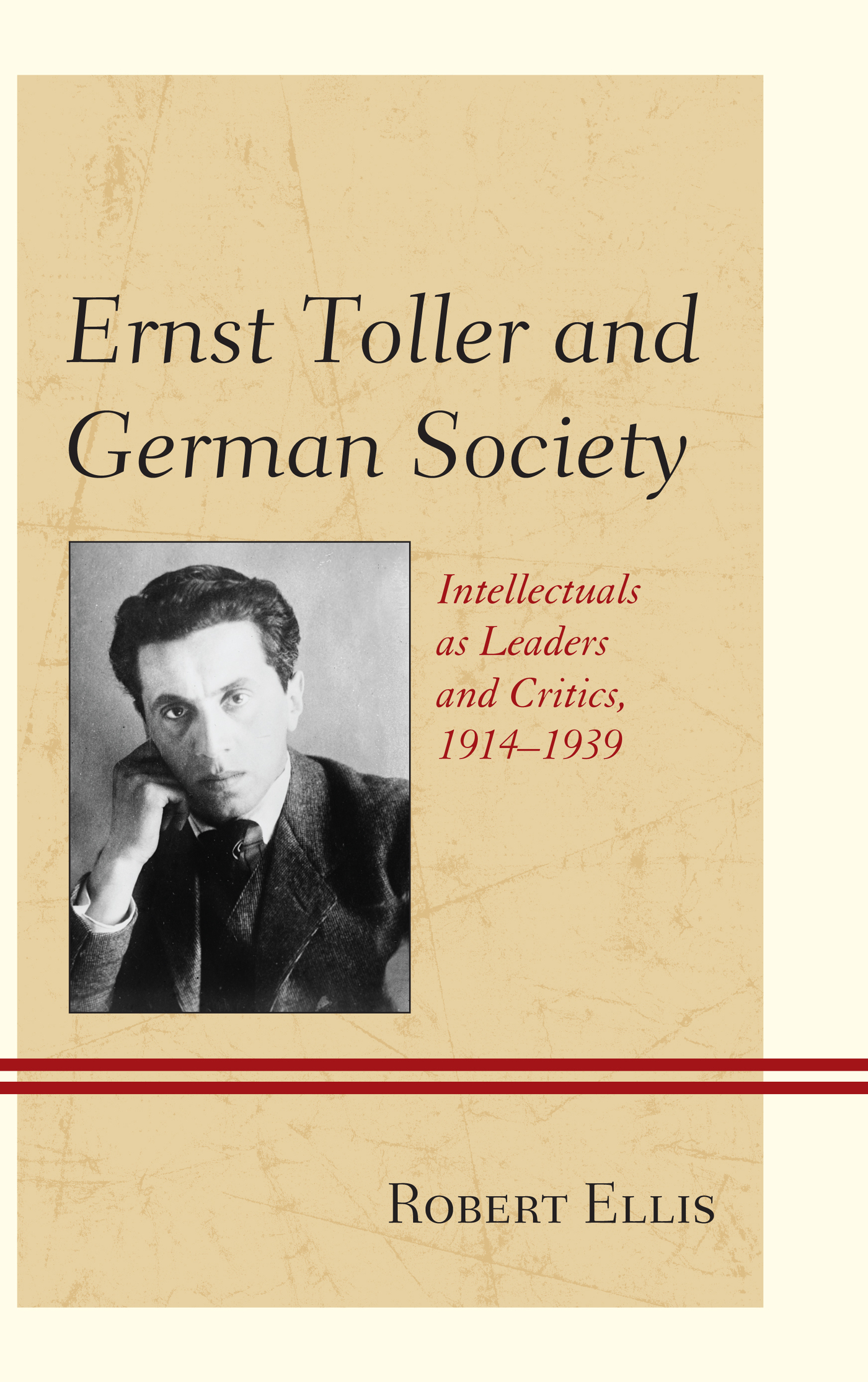
In his Hamburgische Dramaturgie, Lessing writes that the pure fountain of inspiration did not spring unforced within him; rather, various outside aids were necessary for his literary production.
My first debt goes to George Novobaczky, the man who gave me my first serious introduction to history as an undergraduate. The present work has profited from the comments of the late Robert Kann and Harold Poor of Rutgers University. Lewis Wurgaft also went to the trouble to photocopy his Harvard dissertation on Kurt Hiller for me. His work was most helpful in setting Toller within the framework of the activist movement, and I am indebted to him for many of the ideas in chapter 3. I also wish to thank Dr. Harold Hurwitz of the Free University of Berlin for sending me a copy of some papers by Toller. I want also to thank Edward Zevin at Bronx Community College and Miriam Frolow at the University of Phoenix for their reading and comments. Conversations with Howard Winter helped teach me what courage and leadership are. Margarete Lamb-Faffelberger and June Schlueter at Lafayette College were kind enough to provide cogent comments which made this a much better study. This book could also not have been written without the help, support and encouragement of Judy Wilensky-Elsasser to whom I owe much. Also thanks to Carl Hanser Verlag in Munich for allowing quotes from selections from Tollers autobiography Eine Jugend in Deutschland contained in the Rowohlt collection of Tollers work, Prosa, Briefe, Dramen, Gedichte (Munich, 1978).
Libraries and librarians are wonderful additions to the world. Yale Universitys Special Manuscripts Collection, the Rehse Collection at The Library of Congress, and the Bavarian State Archive were a source of material on Toller. The librarians at Christ Church College, Oxford University provided a comfortable space in an ancient university while I worked on revisions of the book. One of the unknown treasures of New Jersey has been the Giovatto Library at Fairleigh Dickinson University. The library and its staff have provided a home for me in finishing this book. Particular thanks I extend to Kathleen Stein-Smith, the librarys Director of Public Services, Debbie Daniele, who tirelessly tracked down obscure books in German for me, and particularly to Maryann Sena who provided much needed encouragement, understanding and support.
To breathe the air of Germany is to be truly aware of the tragic nature of the twentieth century. It was Nietzsche who, in the nineteenth century, analyzed many of the contours of twentieth-century Germany, Freud who discovered its underside, Einstein who helped discover a possible means of its destruction, and Hitler who dedicated a part of his life to the elimination of much of its population. The modern mind, observes Erich Heller, speaks German. Not always good German, but German none the less. Ernst Toller.
In pictures taken long ago, Tollers eyes stare out from faded black and white photos. Inquisitive eyes. Eyes deeply set under prominent brows, large eyes, vivid and questioning, like chipped dark agate semi-precious stones. Behind those eyes was a massively creative force. He had a strikingly exotic quality that attracted people, something that gave Toller a quiet air of authority and yet conveyed rare warmth. He was an impassioned public speaker, with a magnificent and stentorian baritone, speaking with dramatic outrage that excited audiences into emotional fervor. His speeches were performances and his powers of rendition formidable. He had an actors sense for the dramatic and used pacing, juxtapositions, aggregations of tone to form a shaping presence. He had this down to an art. Someone who heard him observed that his manner of speaking was a transformational event:
Ernst Toller transforms the old unspoken yearnings of the workers into words, and [with] the heat of his tongue the words become a springboard for the rage of the exploited. He stands there in the park, like fire in the treesyoung, dark-haired, electric, almost stuttering with emotion, the epitome of the Expressionist.... He is shaken by flaming hatred, of war and the war-mongers. He is in tears, he is moved and his expression moves the masses. They know this is no mere Paganini of rhetoric... this is Ernst Toller.
He was the equivalent of a rock star, a modern-day Mick Jagger or Bono (though with more politics and erudition). He had talent, natural charm, the gift of persuasion, and an incredible energy behind his skills. He was neutral in nothing.
During the years of Weimar and the Third Reich, Toller was one of the more active of the other Germanys left-wing intellectuals. A leader of the Bavarian Soviet of 1919, he had in addition won the Kleist prize and was recognized as one of Germanys best playwrights. Indeed, during the years of the Weimar Republic, the popularity of his works was unquestioned, and they were translated and circulated on the grand scale that befitted that of an author of international stature. His first play,
Next pageFont size:
Interval:
Bookmark:
Similar books «Ernst Toller and German Society: Intellectuals as Leaders and Critics, 1914–1939»
Look at similar books to Ernst Toller and German Society: Intellectuals as Leaders and Critics, 1914–1939. We have selected literature similar in name and meaning in the hope of providing readers with more options to find new, interesting, not yet read works.
Discussion, reviews of the book Ernst Toller and German Society: Intellectuals as Leaders and Critics, 1914–1939 and just readers' own opinions. Leave your comments, write what you think about the work, its meaning or the main characters. Specify what exactly you liked and what you didn't like, and why you think so.

